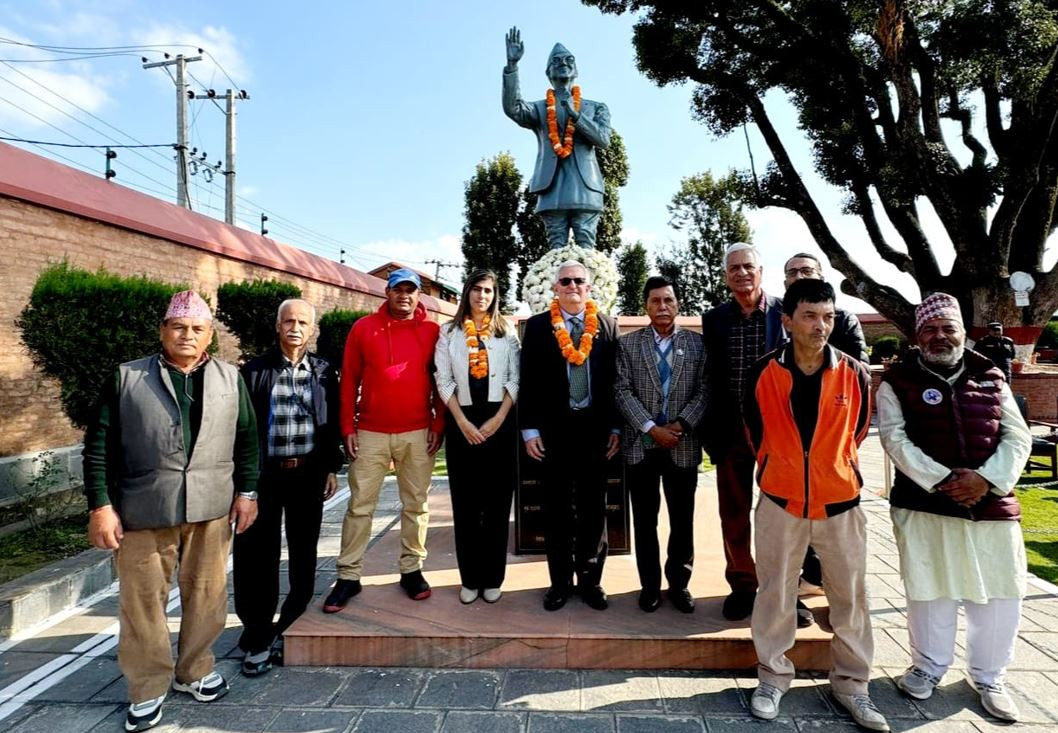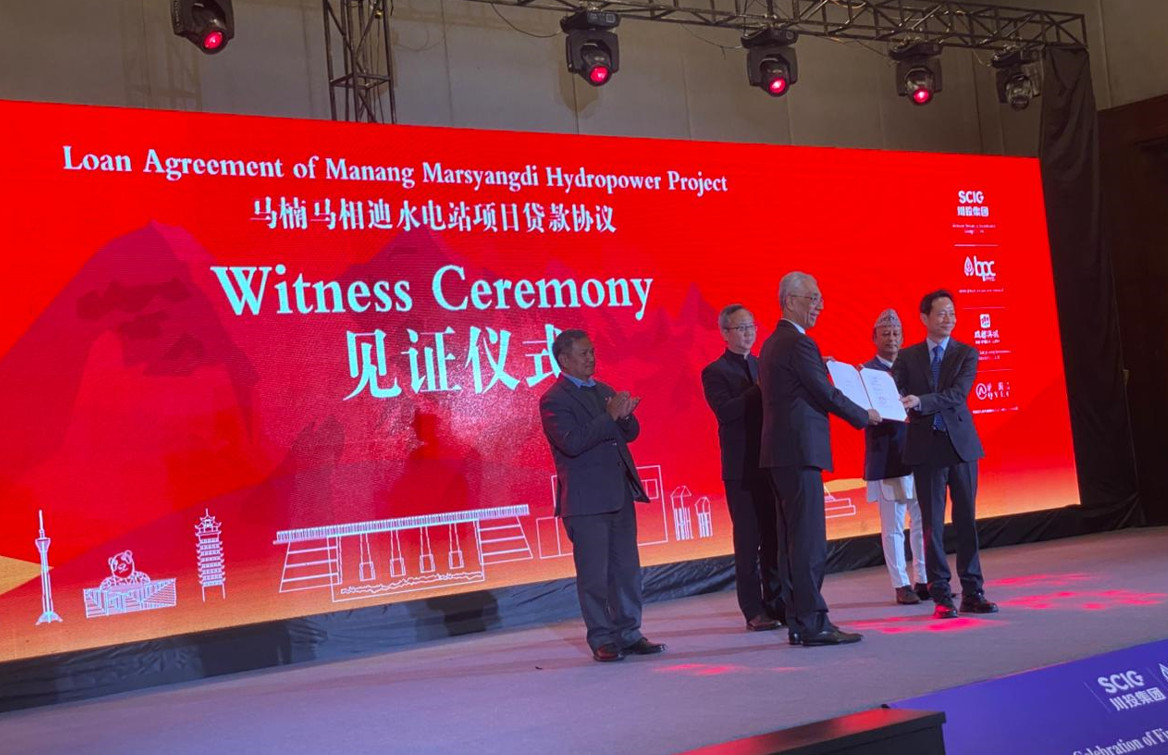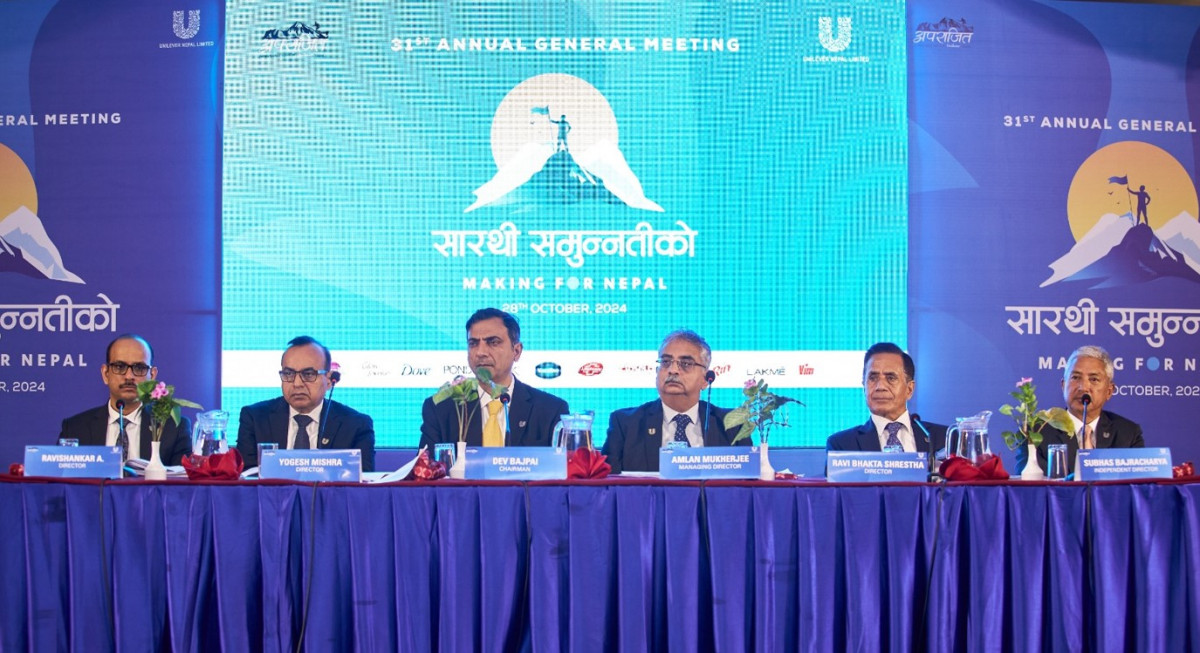Beijing / Recently, China Mobile Communications Corporation Co., Ltd. (China Mobile) and Huawei have successfully deployed an FTTR-B network for the tourist base camp and hotel on Mount Everest [Tibetan name: Mount Qomolangma].
Based on Huawei FTTR-B (Fiber-to-the-Room Business) solution, China Mobile provides ultra-gigabit premium Wi-Fi services for staff and tourists at the top of the world, meeting their daily communication and business requirements.
At the management office of the tourist camp 5,200 meters above sea level, staff need to check environmental protection devices, send back high-resolution photos and videos, and log to the Mount Everest Administration Bureau every day. Due to poor network conditions, problems such as frame freezing, slow video upload, and document sending failures used to occur frequently. The high-speed FTTR-B network that has been successfully deployed fundamentally changes network conditions, allowing all staff in the tourist base camp and tourists in nearby rest areas to enjoy premium Wi-Fi services.

In addition, the FTTR-B solution has been deployed in a tourist hotel in a nearby town 4,200 meters above sea level. In the past, network problems such as frame freezing, no network connection, and slow response of the check-in system would occur from time to time, affecting guests' check-in experience. Since the FTTR-B solution is deployed, up to 300 hotel guests can access high-speed Internet at the same time, and hotel reception staff can do their job much more smoothly.
The FTTR-B solution was jointly launched by China Mobile and Huawei to provide ultra-gigabit all-optical networking for small- and medium-sized enterprises (SMEs) in China. The solution is widely used in hotels and shops. Huawei FTTR-B devices feature flexible triple-mode antennas and can be installed on ceilings or walls to provide full Wi-Fi coverage in indoor areas, enabling users to enjoy premium network experience anywhere. The solution uses power over fiber (PoF) cables to transmit signals and supply power to devices at the same time, resolving problems of difficult power acquisition.
In addition, the WeFTTR app provides functions such as network topology management, one-click network optimization, and self-service network configuration for IT staff in management offices and hotels, reducing O&M workload. O&M engineers of China Mobile can also use the app to remotely locate network problems, improving the O&M efficiency.
In 2024, China Mobile will work with Huawei to extend the FTTR-B solution to the climber base camp. This will enable climbers to enjoy gigabit network services as they get ready to reach the top of the world.
As a leading global ICT infrastructure provider, Huawei has carried out extensive cooperation with operators such as China Mobile and helped many SMEs to realize digital transformation through innovative solutions such as FTTR-B. In the future, Huawei will continue to cooperate with China Mobile to build gigabit optical networks using innovative technologies.




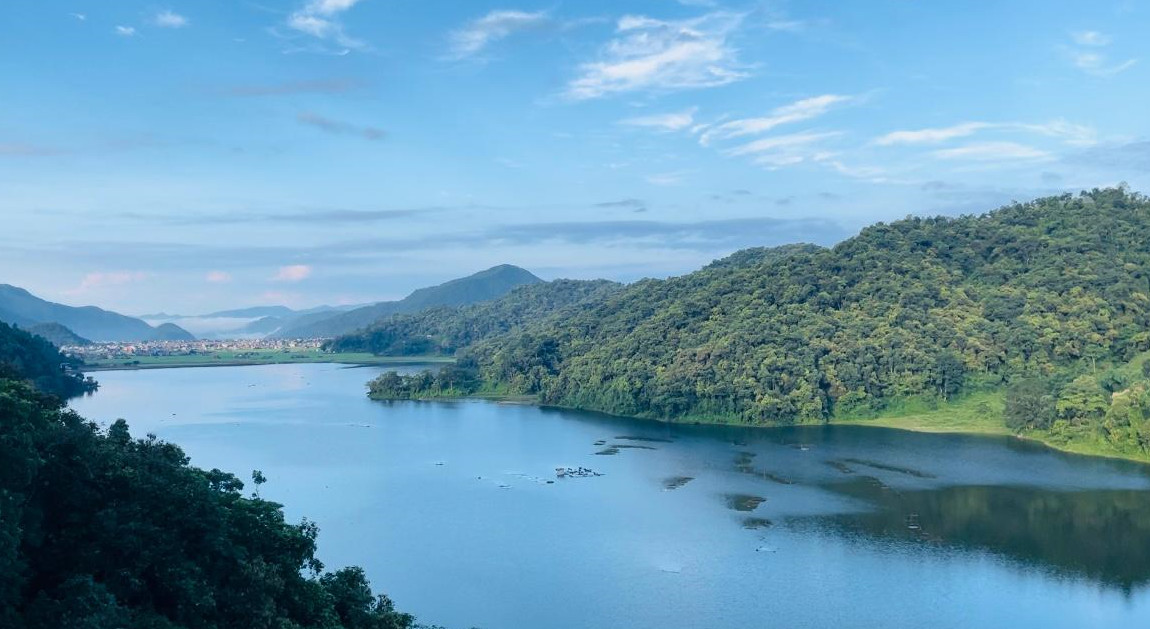







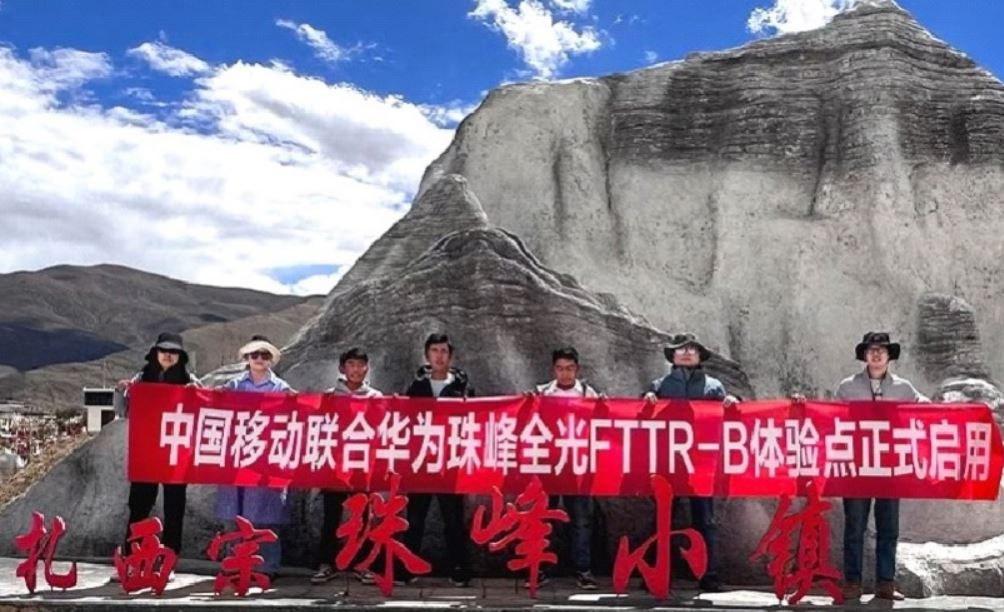




.gif)


